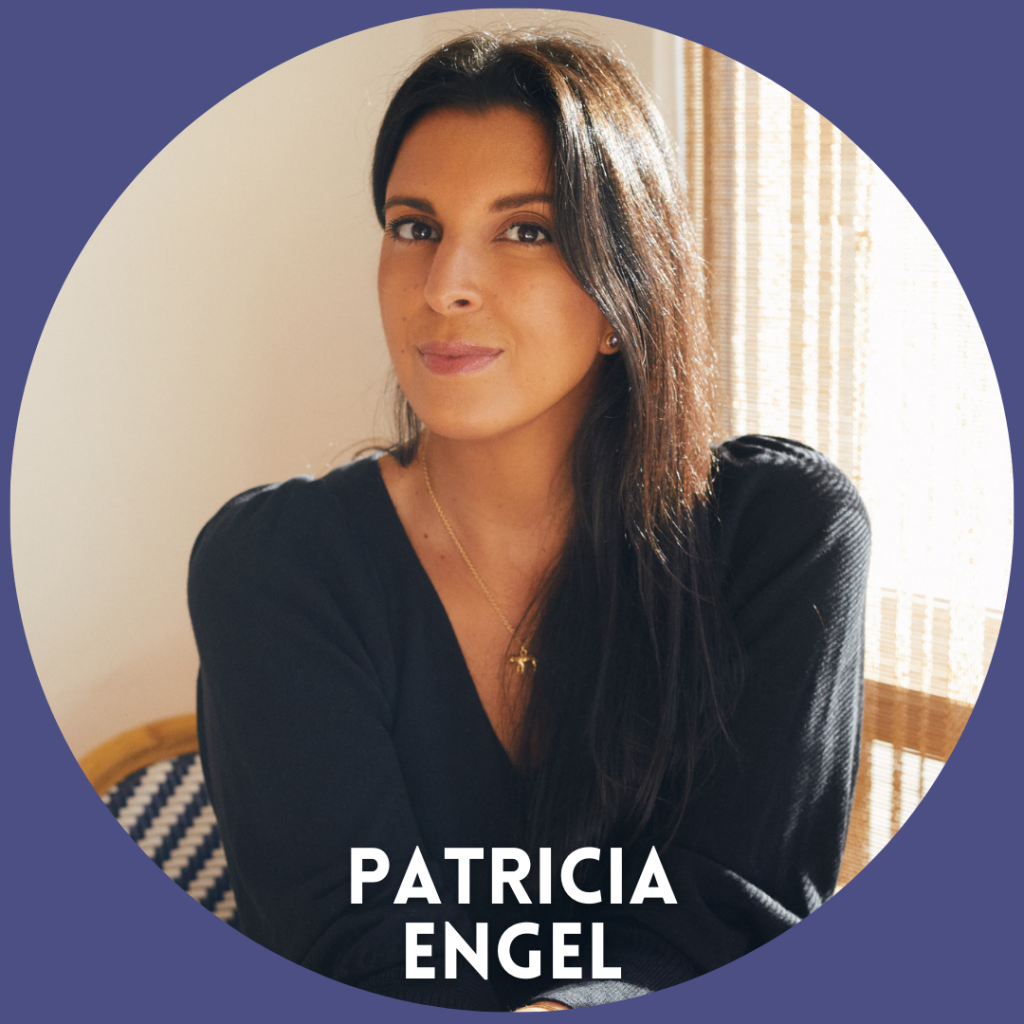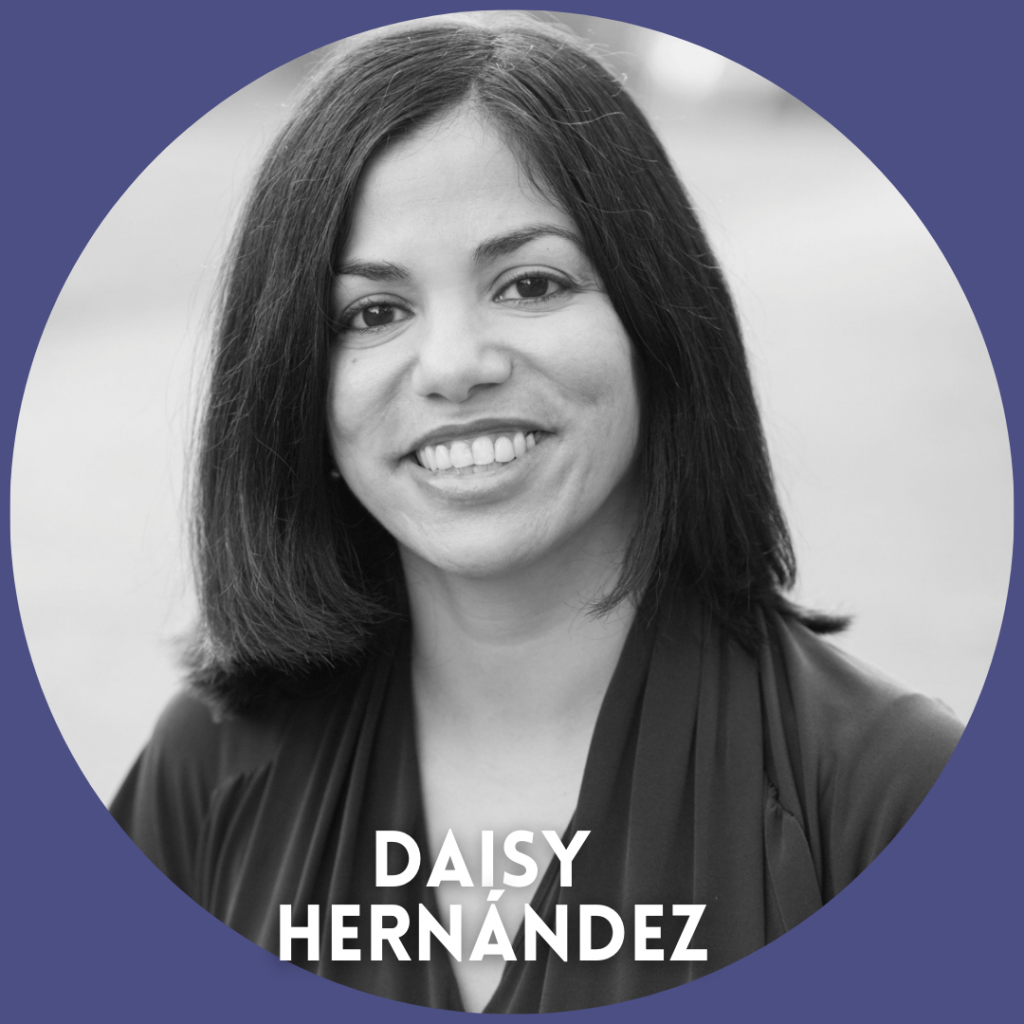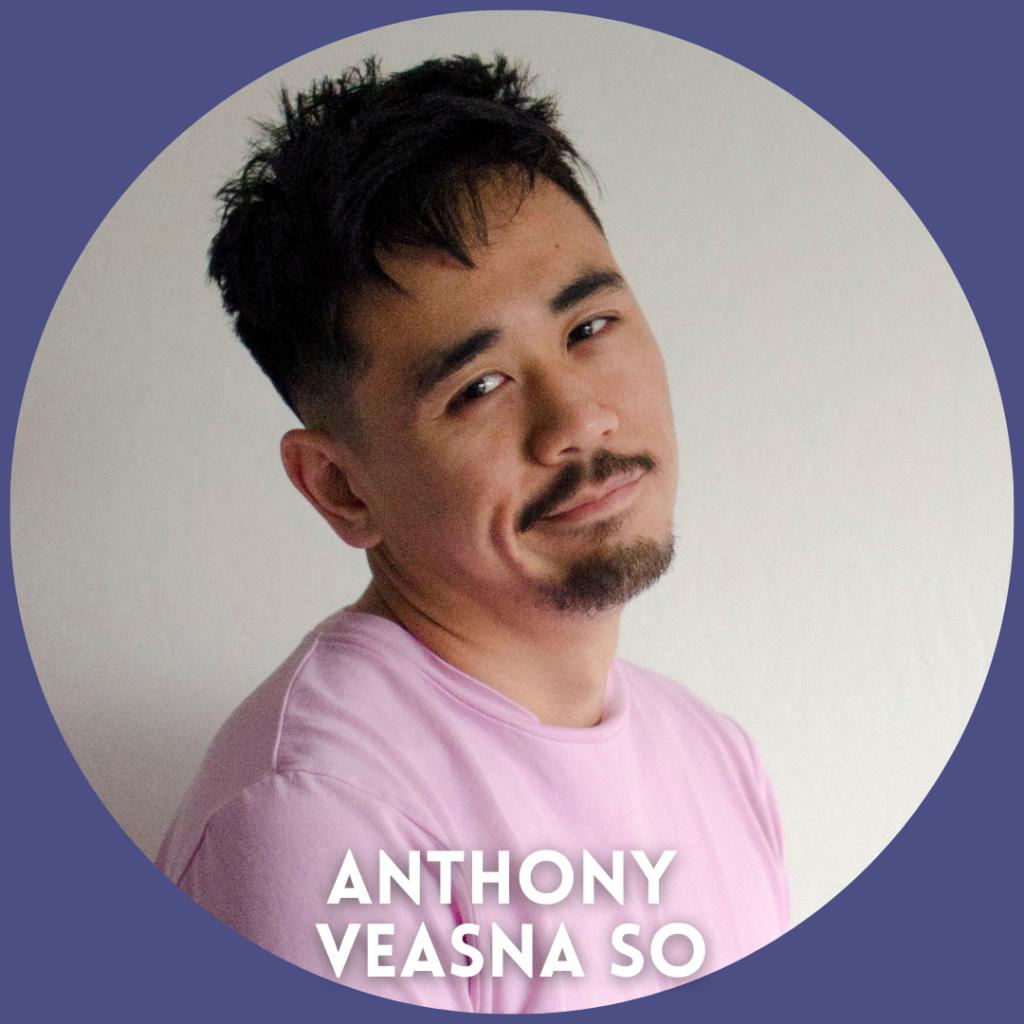
Finalists Announced for Institute for Immigration New American Voices Award
Fairfax, VA, August 12, 2021 – Novelists Patricia Engel, author of Infinite Country, Daisy Hernández, author of The Kissing Bug, and Anthony Veasna So, author of the Afterparties have been named finalists for the fourth annual Institute for Immigration Research New American Voices Award. Created to honor the work of immigrant authors, whose work is historically underrepresented in publishing, this book prize recognizes recently published works that illuminate the complexity of the human experience. Engel, Hernández, and So’s editor at Ecco, Helen Atsma, will appear at a virtual award ceremony on Friday, October 15th available on Crowdcast for Fall for the Book.
The New American Voices Award is sponsored by the Institute for Immigration Research. “The IIR is thrilled to see this year’s finalists for the New American Voices Award,” said director Jim Witte. “Their work provides examples of how immigrants contribute to the nation’s culture, while they provide new perspectives on what it means to be American.”
This post-publication prose book prize was judged by Irina Reyn, Justin Torres, and Melissa Rivero.
Meet the Finalists
Patricia Engel is the author of The Veins of the Ocean, winner of the Dayton Literary Peace Prize; It’s Not Love, It’s Just Paris, winner of the International Latino Book Award; and Vida, a finalist for the Pen/Hemingway and Young Lions Fiction Awards, New York Times Notable Book, and winner of Colombia’s national book award, the Premio Biblioteca de Narrativa Colombiana. She is a recipient of fellowships from the Guggenheim Foundation and the National Endowment for the Arts.

The Judges on Infinite Country:
Engrossing and daring from the very first sentence, Engel’s novel is the story of one Colombian family finding their way back to each other across countries and pasts that both propel them forward and haunt them. Engel tells their journey masterfully over the course of two decades, shifting perspectives, and employing Andean myths to give us insight into her characters. In the process, she demonstrates how neither time nor borders can contain this family’s connection or their love.
Daisy Hernández is a former reporter for The New York Times and has been writing about the intersections of race, immigration, class, and sexuality for almost two decades. She has written for National Geographic, NPR’s All Things Considered and Code Switch, The Atlantic, Slate, and Guernica, and she’s the former editor of Colorlines, a newsmagazine on race and politics. Hernández is the author most recently of The Kissing Bug: A True Story of a Family, an Insect, and a Nation’s Neglect of a Deadly Disease. Her other books include the award-winning memoir A Cup of Water Under My Bed and co-editor of Colonize This! Young Women of Color on Today’s Feminism.

The Judges on The Kissing Bug:
Deeply personal and moving, Hernández’s book raises awareness about Chagas or the kissing bug disease, an overlooked illness that, in the U.S., primarily affects immigrants and marginalized groups. At the core of the book is the author’s aunt, Dora, who contracted the disease in Colombia, and who comes to influence Hernández’s life and writing in unexpected ways. Hernández poignantly and fiercely weaves together her relationship with her aunt while underscoring the gaps in our healthcare system.
Anthony Veasna So (1992-2020) was a graduate of Stanford University and earned his MFA in fiction at Syracuse University. His writing appeared or is forthcoming in the New Yorker, The Paris Review n+1, Granta, and ZYZZYVA. Born and raised in Stockton, California, he lived in San Francisco.
So’s editor at Ecco, Helen Atsma, will appear on his behalf at the award ceremony.

The Judges on Afterparties:
Bold and vibrant, So’s collection centers Cambodian Americans coming to terms with their identity, sense of belonging, and generational trauma. His characters are charged with defiance, humor and tenderness—tools that are often necessary to navigate one’s own sense of self, family, and community in a place that is not quite one’s own.
